Circular economy opportunities in Germany
Germany shows interesting characteristics for doing business with in the field of circular economy. With its GDP ranking 4th in the world, a geographically favorable location and having ambitious circular economy and waste management goals, German-Dutch collaboration is not unlikely.
Thinking about doing business in Germany? Below you will find information on policy landscape, circular economy strategy and selected priority areas!
Facts & Figures
Economic indicators
- Population (2021): 83 mln
- Nominal GDP (2021): €3,601.8 tln, world rank: 4th
- Purchasing power per capita (2021): €39,000
- Imports from the NL (2021): USD 157,39 billion
- Economic growth (2022): 1,5%
- Ease of doing business rank (2020): 22/190
- Corruption index (2021): 10/198
- Unemployment rate (2021): 3,6%
- Currency: €
Policy landscape
EU level
In 2015 European Commission adopted the Circular Economy Action Plan, which included comprehensive measures addressing waste management. The EU laws set minimum recycling, landfilling, material recovery and renewable energy consumption targets. Among other initiatives introduced in the Plan is the plastics strategy which aims to ban and reduce consumption of certain types of single-use plastic. Germany performs well in attaining EU CE legislation targets. The New Circular Economy Action Plan adopted in March 2020 will aim among others to facilitate circularity in textile industry and production of electronic equipment.
Currently main targets include:
- 65% of municipal waste to be recycled by 2035
- 70% of all packaging waste to be recycled by 2030. Germany and the Netherlands already achieved the 70% target by 2030 in 2016
- 10% of municipal waste to be landfilled by 2035
National level
The Circular Economy Initiative Deutschland (CEID) was founded in 2019 on behalf of the Federal Ministry of Education and Research to promote Germany’s transformation into circular economy. CEID is a multi-stakeholder initiative that involves scientific institutions, industry, and civil society to discuss how to foster circular transformation. CEID is structured in 3 working groups (WG) and based on a life-cycle approach: the Circular Business Models WG and the Packaging and Traction Batteries WGs. Several recommendations coming out of CEID work are reflected in the coalition agreement of the new federal government.
On a federal level, several strategies for resource efficiency have been initiated. The first national 4-year Resource Efficiency Program (ProgRess) was launched in 2012. In 2020, the 3rd generation, ProgRess III, was adopted, whereby the strategy considered the entire value chains in a spectrum of topics covered by 118 measures, ranging from ecological due diligence obligations in raw material supply chains, reparability of products, advisory services for companies, product design, and standardization to certification of systems for recycling, among others.
The basis of the German federal waste legislation is the European Directive from 2008 on waste. Drawing upon it, in 2012, the German Bundestag adopted the Act Reorganizing the Law on Closed Cycle Management and Waste (Kreislaufwirtschaftsgesetz) to implement the European directives. As a renewed commitment, on 20 January 2021, Germany’s Federal Cabinet approved a new Draft Law transposing the Single Use Plastics Directive (EU-Plastics Directive 2019) and the Waste Framework Directive into the Packaging Act (VerpackG). From the 1st of July 2022, all types of packaging must be registered in the platform LUCID.
We see four priority areas when it comes to circular economy opportunities and need: plastics & chemical recycling, textiles, the automotive industry and batteries
Dutch Embassy in GermanyPlastics and chemical recycling
The trilateral strategy for the chemical recycling collaboration by the regions of Flanders, North –Rhine-Westphalia and the Netherlands represents a game changer in sustainability and circularity. As a direct result, their chemical federations, VCI (Germany), VNCI (Netherlands) and Essenscia (Belgium), have propelled the development of the international project “Cracker for the future” consortium, whereby six petrochemical companies are jointly investigating the possibility of running cracker installations on renewable electricity while exploring the use of hydrogen in the future.
In that regard, The NorthRhine-Westphalia region in Germany is taking bolder decisive steps toward a policy landscape that scales up the absorption capacity of other waste streams while sustaining competitiveness in international markets. The coalition agreement in Germany included chemical recycling as a key element in the German Packaging Act (VerpackG), with gradual adoption for all industries using all types of packaging.
Textiles
The transition towards a circular textile industry in Germany is still in its infancy due to a wide range of socio-economic, environmental and legal barriers which create path dependencies and inhibit the adoption of circular solutions on a broader scale. Still, Germany is among frontrunners of post-consumer textile collection in Europe, mainly due to well-established collection networks of charitable organizations. Although, most volumes are reused or recycled, a considerable share is still incinerated. While annual collection rates have increased, the consumption rank is among the highest across all European countries. Germany makes profits through garment export but, due to the economic rationale of textile exports, fails to take advantage of post-consumer textiles as unused resources.
In the presence of globalized and highly complex textile supply chains, there is a need for better international cooperation to implement joint processes to foster a shift towards a circular textile sector. Among others, sharing information and best practices between Dutch and German knowledge institutes, businesses and public actors is perceived as particularly important in order to advance circular practices in the textile industry.
Many innovative companies active in the textile sector in Germany. A cooperation with Dutch circular textile companies that developed new business models for all stages of the value chain (design and production, distribution retail and use) might open new opportunities for both countries. An example of a successful German-Dutch cooperation in circular textile on a regional level between NRW, Limburg and Overijssel is an INTERREG supported project that develops industrial standard for yarns made of old textiles.
Circular batteries
In Germany, more than 60,000 tonnes of portable batteries and accumulators are placed on the market annually. Consumers can return portable waste batteries free of charge to retailers or voluntary collection points. However, there is a great need for innovation to mitigate the environment of battery production, which will be increasing at a pace with the demand for EVs. At the intersection of the energy transition and the sustainable products revolution, the battery supply chain is one of the strategic hubs for circular management.
In 2022, a consortium of German companies and global players in the sector launched the Battery Pass project. The goal is to develop an interoperable and open standard data collection platform which is the basis for the digital battery passport. The latter ensures transparency and sustainability from production to recycling, supporting seamless documentation of the battery life information on raw material extraction, repairability and recyclability conditions. The funding decision for the “battery ecosystem” comprises a total of 8.2 million euros, which will go to a consortium led by Systemiq Deutschland GmbH.
CE in the automotive industry
The German automotive industry is one of the largest in the world, it secures jobs, drives national export and invests in research and development. With growing concerns about climate change and environmental degradation, sustainability has become a strategic priority for most of the German automotive companies. Among the main challenges the industry is facing today is the fuel economy, GHG emissions reduction, electrification, autonomous driving and car sharing.
Increased energy efficiency, recycling and a reduction in emissions benefit both companies and consumers. Incorporating circular economy practices across the automotive value chain helps to effectively address these challenges. It has the potential to offer big economic benefits and make electric vehicles more sustainable, improve design and introduce new business models that support longer lifetimes of products and services.
The Dutch market offers attractive opportunities for many types of companies active in e-mobility: electric vehicle manufacturers, charging infrastructure companies, battery makers, and auxiliary power unit producers. Cooperation with the Dutch automotive industry, which is characterized by a dynamic mix of innovative approach and component suppliers could support German automotive industry in a faster transition towards a circular economy.
Relevant networks
CE think tanks/research institutes
- Systemiq
- National Academy of Science and Engineering
- Wuppertal Institute for Climate, Environment and Energy
- Hamburgische Welt Wirtschafts Institut (HWWI)
- Agora Energiewende
- Fraunhofer Cluster Circular Plastics Economy
Active in NRW
- CLIB
- Fraunhofer Institute for Molecular Biology and Applied Ecology
- IKV Institute for Plastics Processing
- Deutsche Textilforschungszentrum Nord-West e.V
Business networks
Active in NRW
Embassies
Useful reports
- Circular Economy Roadmap for Germany
- Resource-Efficient Battery Life Cycles – Driving Electric Mobility with the Circular Economy
- The circular economy in Southern Germany: opportunities and obstacles for Dutch entrepreneurs in the infrastructure and construction sectors
- Market analysis DECOM Tools
- Market studies CG-MUN, overview on RVO country page Germany
- Sustainable construction in Germany (on request now only)
- Wind Energy in Europe: Outlook to 2023
- Stakeholder analysis DECOM Tools
- Circular Economy in the Textile Sector
- ACEA Position Paper on Circular Economy
- Chemical plastics recycling – potentials and development prospects
- Sector study sustainable mobility in Germany
- Digitization in German agriculture (on request now only)
- Artificial Intelligence in Southern Germany
Circulair Ondernemen in Europa
RVO, Den Haag | 7th of February 2023
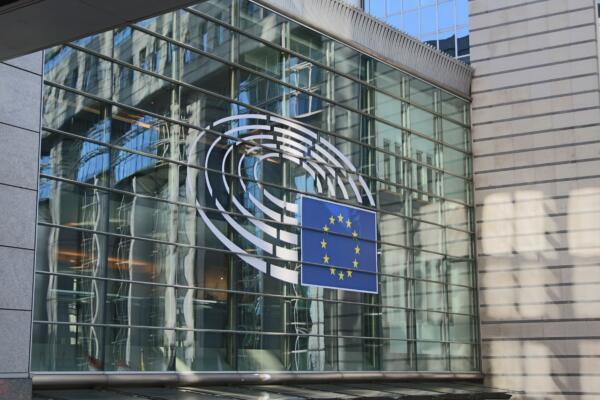
Informatie, inspiratie en ondersteuning
Bottrop CE Hotspot: From mining village to the birthplace of 'Transform to Zero' Initiative
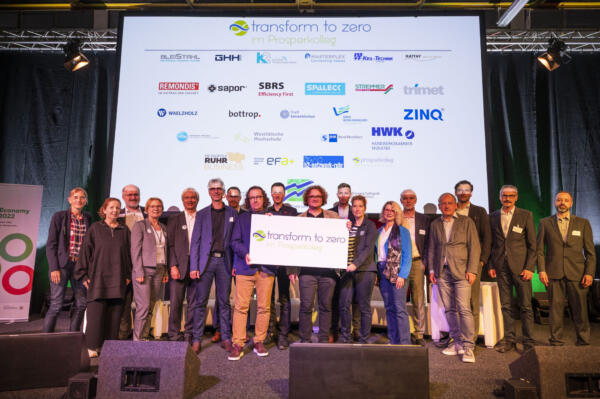
The "Transform to Zero' initiative was presented during the event.
Chemical recycling event Bottrop: Cross-border cooperation between Germany and the Netherlands
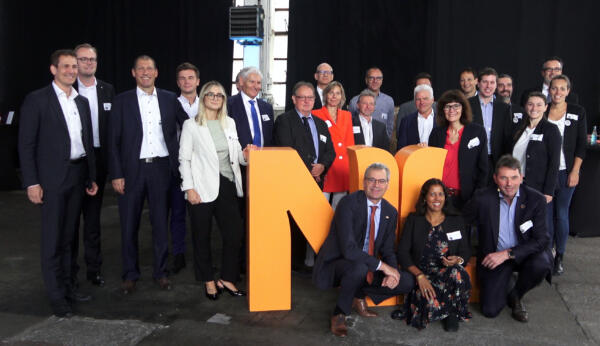
Germany and the Dutch chemical sector join forces in Chemical Recycling
Benelux Circular Economy Business 2022
Luxembourg | 4th until 5th of October 2022
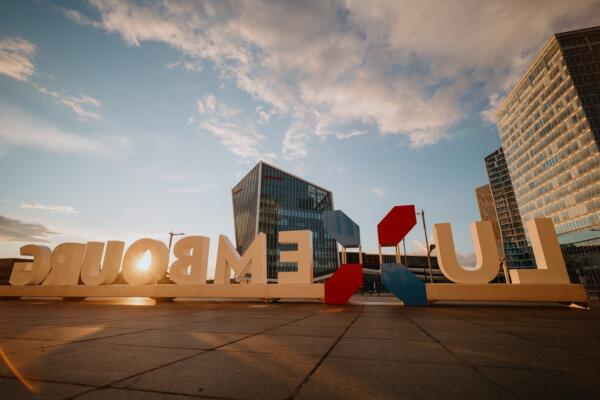
Benelux Circular Economy Business Forum will take place in October 2022.
Will you host the 2024 Circular Economy Hotspot Event?
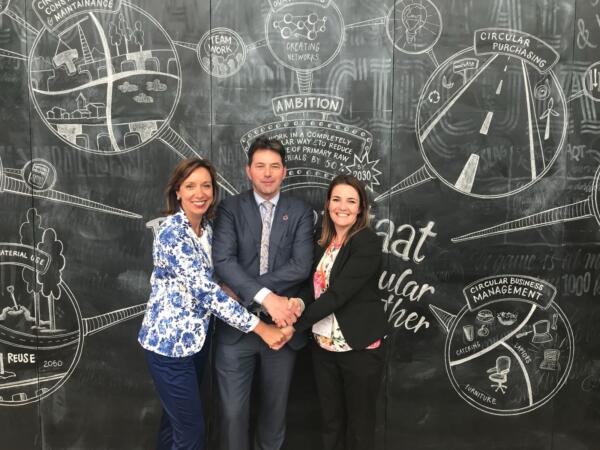
Host the 2024 Circular Economy Hotspot Event
NRW-Dutch cross-border opportunities in Chemical Recycling
Bottrop, Germany | 15th of September 2022

Latest developments and innovations in the field of chemical recycling
Seminar Prosperkolleg: EU Circular Economy Action Plan on Plastics
Online | 5th of May 2022
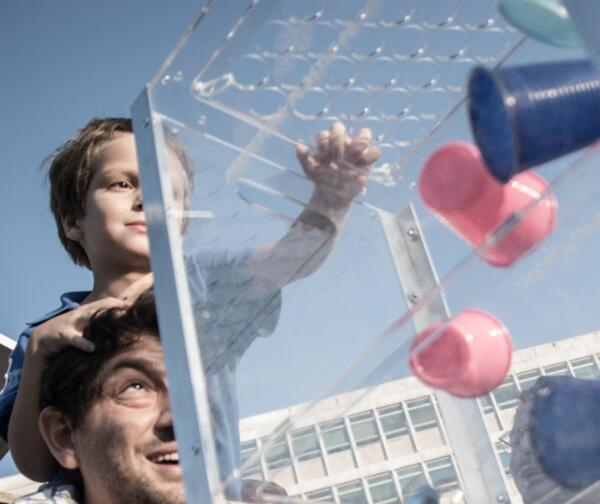
Dedicated monthly seminar to listen to exciting lectures on circular topics
Mechanical Engineering in a Circular Economy
online | 18th of February 2022

Find innovative SMEs and their approaches to circular engineering
From Ambition to Action– Roadmaps towards circularity
online | 2nd of February 2022
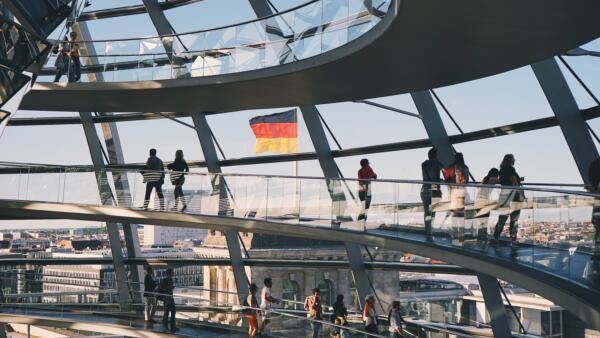
Circular experiences from the Netherlands, the Nordics, and Germany!
Circular Economy Hotspot 2022 in Bottrop
Bottrop, Germany | 12th until 14th of September 2022
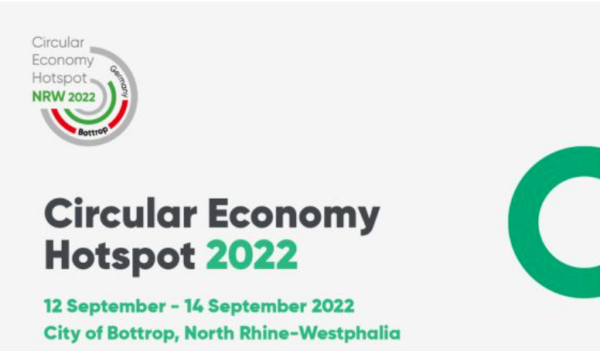
The Circular Economy Hotspot is coming to North Rhine-Westphalia, Bottrop!
Getting started on the German CE market
online | 23rd of November 2021
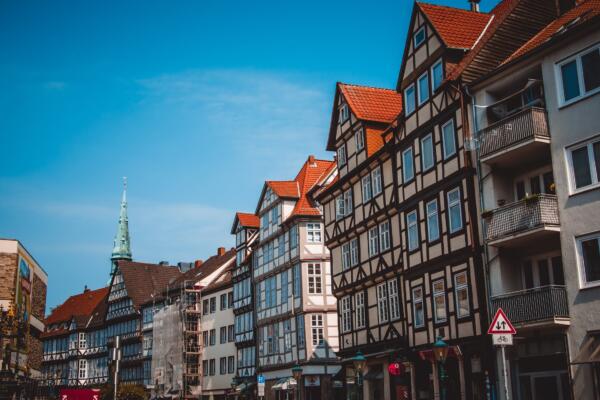
Webinar on the circular economy in the Netherlands and Germany
Circular Futures Festival
Munich, Germany | 7th until 8th of October 2021
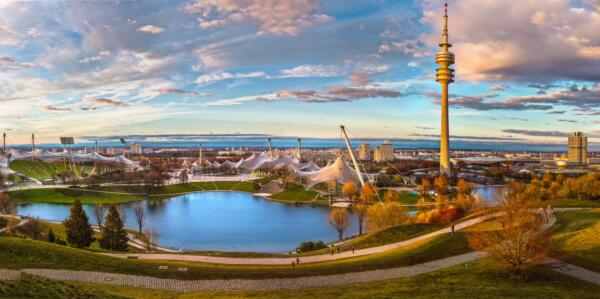
First German festival on circular economy is a social innovation event
bio! PAC 2022 - Conference in bio-based packing
Online | 15th until 16th of March 2022

Conference on Bioplastics & Packaging!
Circular Hubs across Europe
online | 28th of April 2021
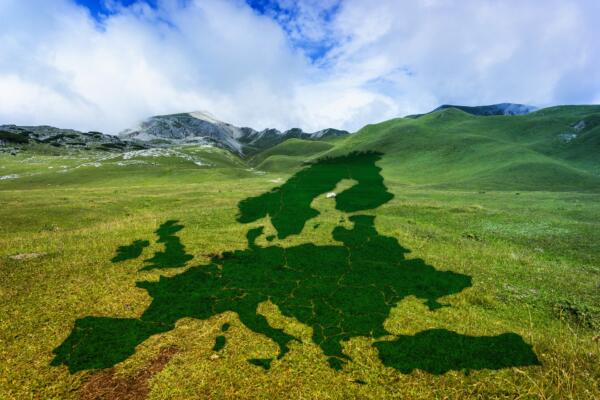
Circular Hubs across Europe: trends, challenges, and approaches
Renewable Materials Conference
online | 18th until 20th of May 2021

Concept to present bio-based, CO2-based and recycled materials.
Circular Valley: Start-ups wanted for EU Green Deal
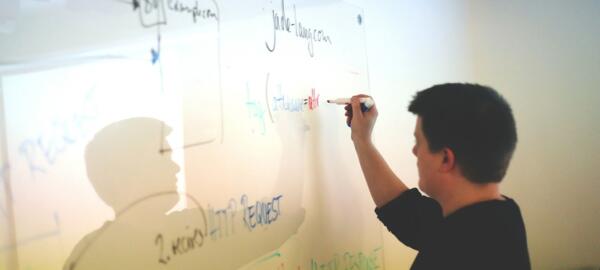
Opportunity for circular start-ups in Germany
Race Against Waste: inspiring everybody to participate in the transition to the circular economy in a fun, easy and practical way
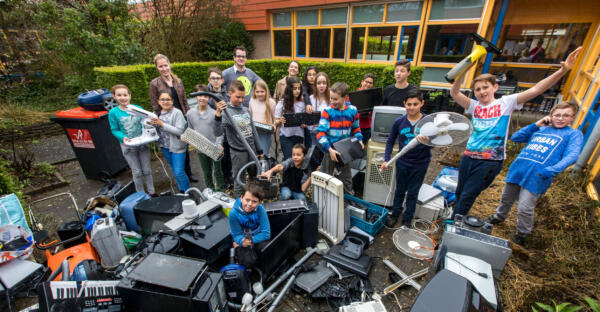
Educational competition between primary schools to collect e-waste

